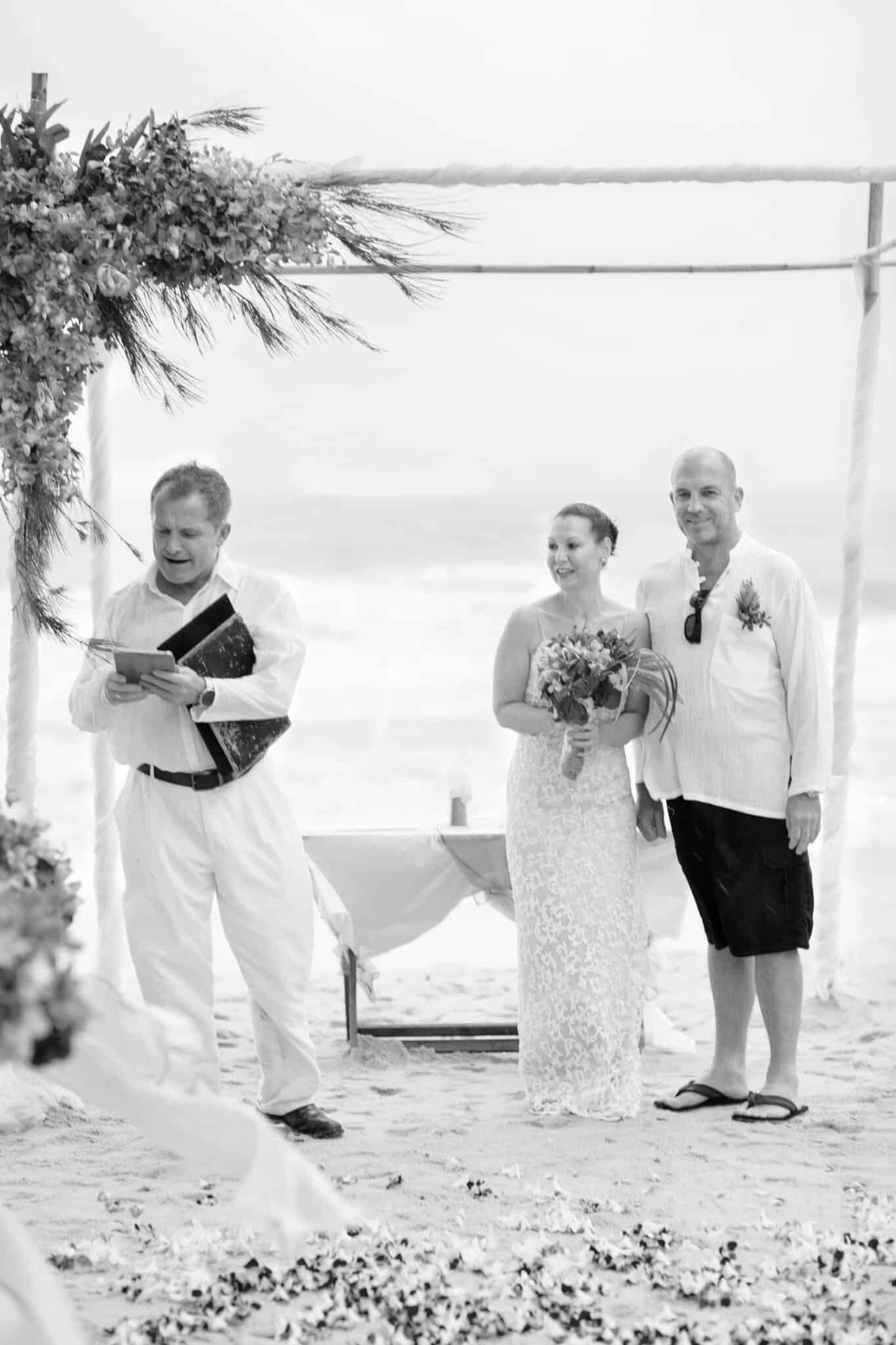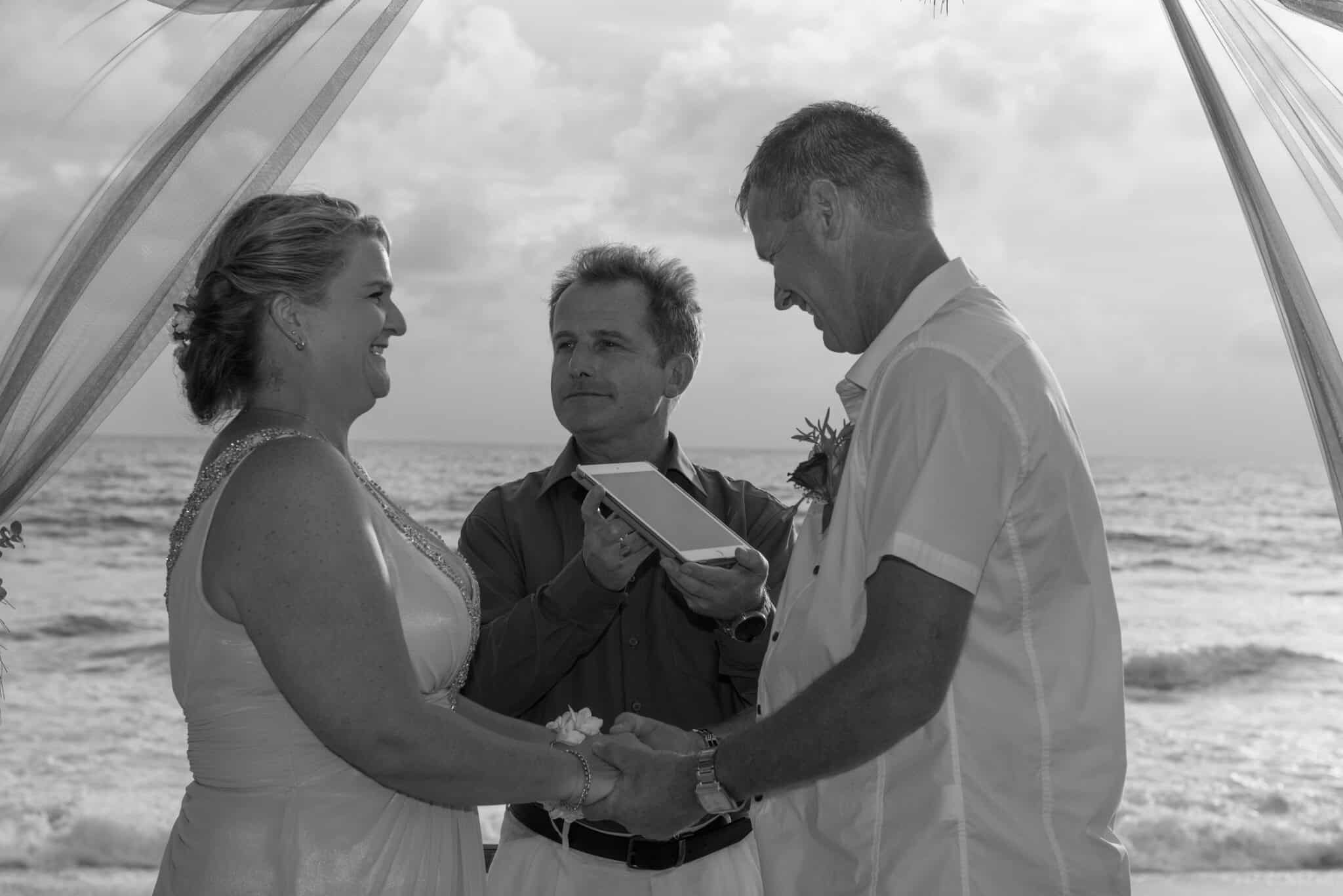How a Wedding Officiant in OKC Can Mediate Family Disputes When Someone Objects During an Elopement Wedding Ceremony in Oklahoma City
Having a wedding ceremony in Oklahoma City is a beautiful thing. Having a wedding with the love of your life makes it even more beautiful. Sometimes, your parents or family may not approve of the wedding ceremony in OKC. Alternatively, you may want to avoid the stress of waiting for months before getting married in Oklahoma. These reasons may make you choose an elopement wedding ceremony.
Even when you are having an elopement wedding ceremony in Oklahoma City, you still need a wedding officiant in OKC, especially if you want a valid wedding ceremony in Oklahoma City. Your wedding day should be beautiful, but sometimes someone may want to ruin it.
During wedding ceremonies in OKC, the audience has permission to make objections. It is possible when the wedding officiant in El Reno, Oklahoma City, says, “Speak now or forever hold your peace.” When an objection is made, your wedding officiant in Bethany, OKC, can help smooth over the family dispute that may ensue after that.
How Your Wedding Officiant in OKC Helps Regarding an Objection
Many of us have seen dramatic objections during wedding ceremonies and the disruption of a wedding in films. Disputes ensue between family members or the audience. In such a situation, it may be difficult for a wedding officiant in Oklahoma City to ensure that the wedding can go smoothly.
In reality, no objections will be raised during a wedding ceremony in Oklahoma City, which means the wedding can go ahead without a hitch. At other times, an objection may be raised during the wedding in Bethany, OKC, which means that there will be a temporary setback.
Invalid Objections
A person can object that the wedding in Oklahoma City is conducted under duress or without the valid consent of both parties. In an elopement wedding ceremony in OKC, the objection could be that either party was kidnapped. This means that disputes can arise because of this.
The wedding officiant in El Reno, OKC, can assure the guests if the objections raised are not valid and legally put an end to the wedding ceremony in Oklahoma City. Here, the wedding officiant in OKC will ensure that the couple is okay before continuing the ceremony. This is after explaining that the objection holds no legal grounds.
In a scenario where the objection may be valid, as the wedding officiant, the individual who objected should be taken aside for a private discussion. The couple should go ahead and talk to the person about their concerns. There should be discussions if the concern is about lack of consent of both parties of the wedding. The couple having a wedding ceremony in Oklahoma City should assure the person that the marriage is based on their consent.
After smoothing it out with the person who objected and realizing that the objection is invalid, the wedding officiant should be aware of this. Guests in the elopement wedding ceremony should know that it was not an issue, receive an apology, and the wedding ceremony in Oklahoma City should go on.
Valid Objections
However, if the objections raised are legally valid, the wedding in OKC may be stopped. This is because the objection makes it impossible to continue the wedding ceremony in Oklahoma City. It is possible in an elopement wedding in OKC.
How to Prevent an Objection from Guests During Your Wedding Ceremony
It is impossible to predict what a person may or may not do during a wedding in Norman, Oklahoma City. But, if you have a hunch or suspicion that a person may object to your wedding ceremony in Oklahoma City, you may decide not to inform them. It is advisable when you are having an elopement wedding ceremony in OKC.
However, you should discuss it with them before your wedding. This is because they may find out about your wedding and show up. You can talk about the concerns or worries they have about your upcoming marriage. If your parents may likely object to your wedding in OKC, you should convince them and get their blessings.
Currently, people may sometimes object to your wedding. This happens if they do not get a chance to do so during your wedding. They may go to the court in charge of your marriage license. Alternatively, it could be the court that gave the wedding certificate. So, it is often better to talk about a person’s concerns.
Can You Exclude “Speak Now or Forever Hold Your Peace” From a Wedding Ceremony
In an eloped wedding ceremony in Oklahoma City, you can ask your wedding officiant in Norman, OKC, to exclude the statement “speak now or forever hold your peace” in your wedding script. But this may not be excluded if the wedding takes place in the church, and your church wedding officiant does not want to. If your wedding officiant does not want to remove the line, you may look for a different wedding officiant in El Reno, Oklahoma. There is an option of a wedding in any other venue besides a church.
You may not have to completely omit this portion if you can modify the script for your ceremony. You can replace it with a new, inclusive statement that is supportive. What most couples planning an elopement wedding ceremony in OKC does to prevent family disputes over an objection is to get a declaration of consent.
The declaration of consent formally asks their visitors to support them in the marriage. For the visitors, this is a touching way for you to include them. It makes them know and feel like they are important to you. This is why you need their support in your wedding ceremony in Oklahoma City. It also creates a community of support around your marriage, which you need.
Final Thoughts
Though you can omit the raising of objections during your wedding in OKC, it is important to prepare if it still happens. Having a wedding officiant in Oklahoma City who can smooth this out for you is necessary. They can help you with the idea provided here.
The post How a Wedding Officiant in OKC Can Mediate Family Disputes appeared first on Lifelong Wedding Ceremonies.
This content was originally published here.

